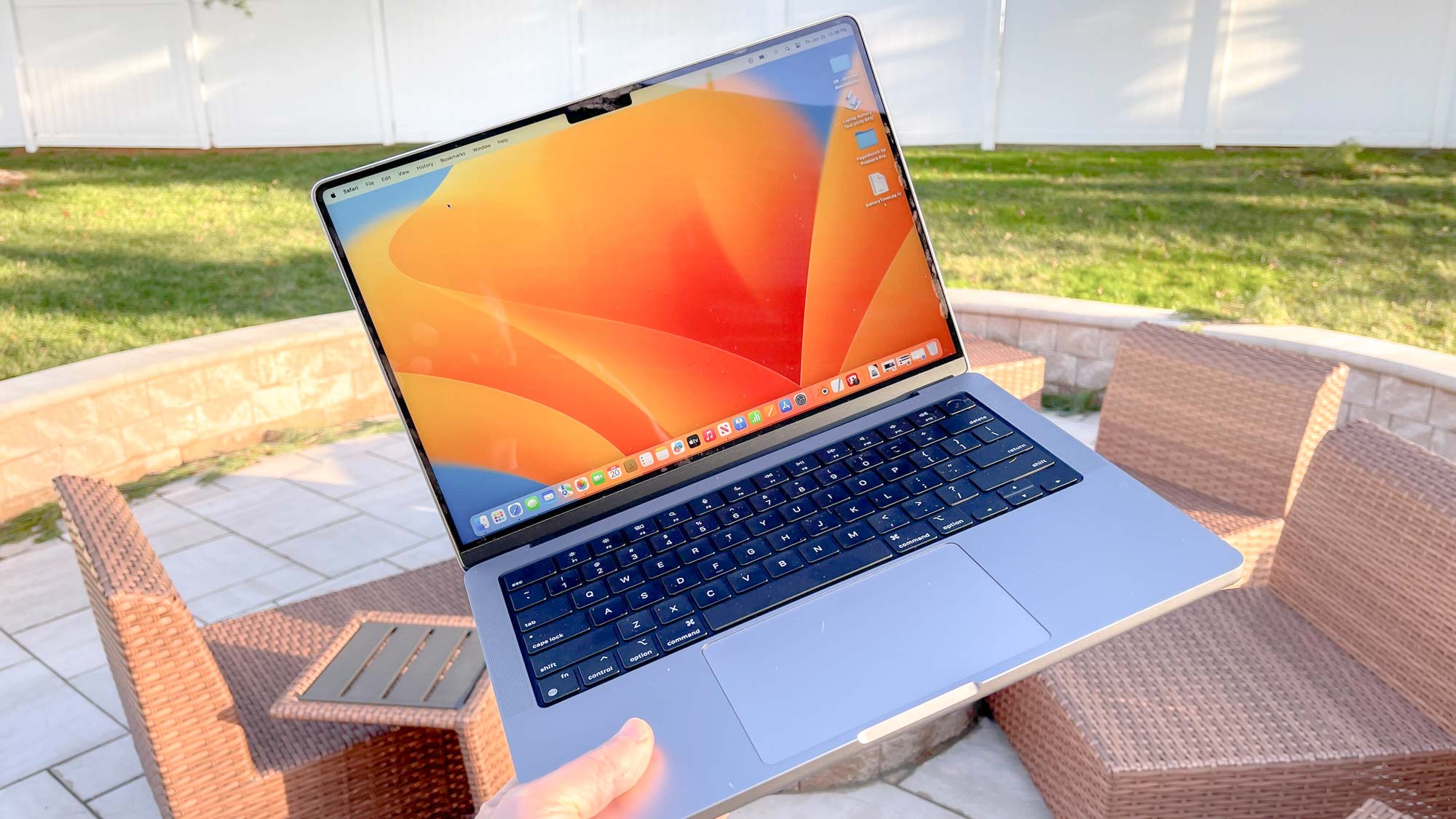MacBooks just got a big Chrome upgrade to boost your battery life
Google just made Chome less power-hungry on MacBooks

Google’s Chrome browser has historically been a bit of a computing resource hog, sucking up RAM when you have multiple tabs open and gulping down battery life for heavy users. But things are changing.
Not only has Chrome got a little lighter on system resources, but Google has also been working on making the browser more power-efficient for MacBooks. This should make the browser more appealing to use on macOS than Apple’s native Safari browser.
As a result of this effort, Google claims Chrome will now let you browse for some 30 minutes longer on a Mac if you’re using it in the browser's Energy Saver mode. This testing was done on a 2022 13-inch MacBook Pro M2 and using Google’s own benchmarking tools.
Now 30 minutes might not sound like a revolution in extra browsing time, but it could be the difference between finding out some crucial information before a business meeting or pitch, or polishing off the last 10% of a Google Doc before your MacBook gives up the electrical ghost.
To achieve this, Google did a load of technical tweaks, from fine-tuning how iframes are handled in memory, which results in less energy consumed. JavaScript timers got tweaked, too, so that the CPU is shaken awake less often and chugs down less power. And to help things further, Google has streamlined the data structures behind Chrome to figure out what data is more frequently accessed and thus optimize for efficiency.
In short, Google has done a lot of rather technical things to make Chrome less power-hungry on macOS; if you want the full technical lowdown straight from Google, then take a look at the creatively named The Fast and the Curious blog.
For those of you who are less keen on software engineering, know that the latest version of Chrome will be less of an energy guzzler on MacBooks, and it might be a good signal to make use of the Energy Saver mode if you plan on using your MacBook away from power outlets for some time.
Get instant access to breaking news, the hottest reviews, great deals and helpful tips.
The likes of the MacBook Air M2 are already rather power-efficient for the performance they deliver. But optimizations to Chrome that let users tap into its capabilities without guzzling systems resources too could be the icing on the computing cake.
More from Tom's Guide
- The best laptops right now
- MacBook Air vs MacBook Pro: What should you buy?
- iPhone 15 USB-C leak is bad news

Roland Moore-Colyer a Managing Editor at Tom’s Guide with a focus on news, features and opinion articles. He often writes about gaming, phones, laptops and other bits of hardware; he’s also got an interest in cars. When not at his desk Roland can be found wandering around London, often with a look of curiosity on his face.
 Club Benefits
Club Benefits





